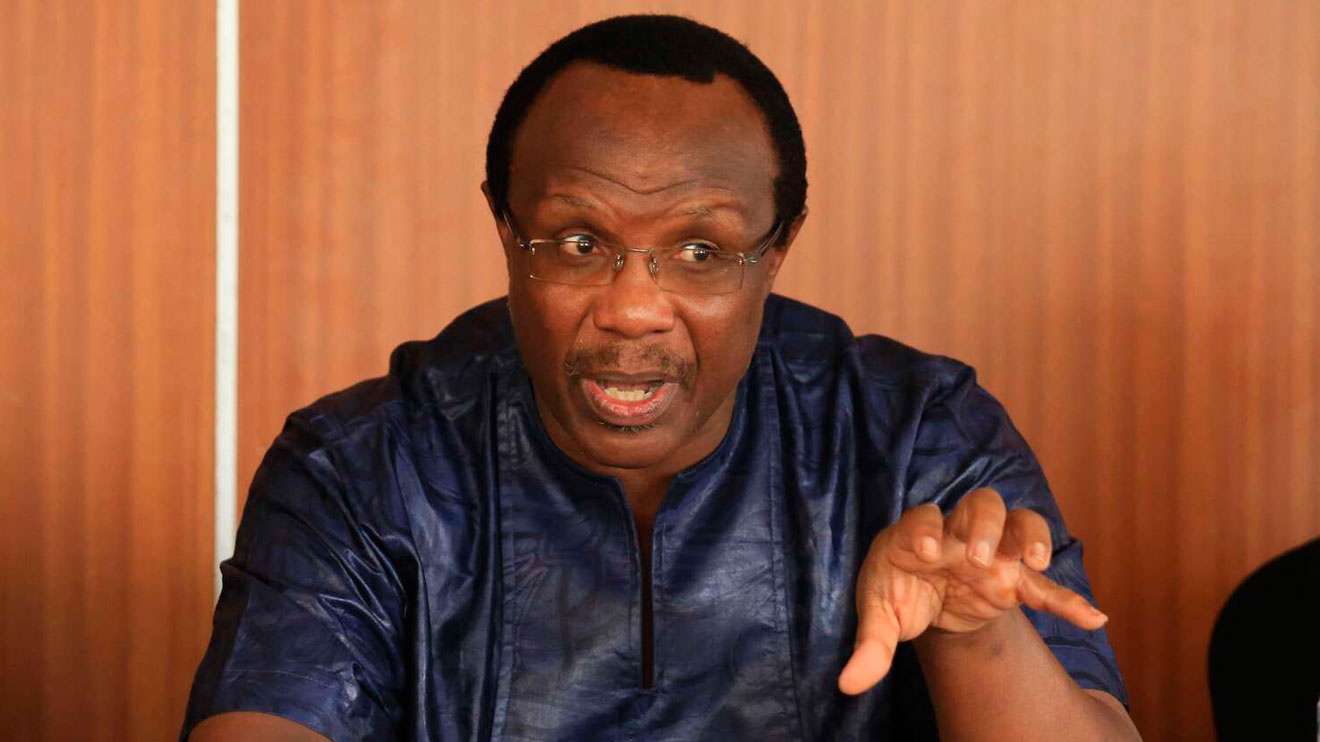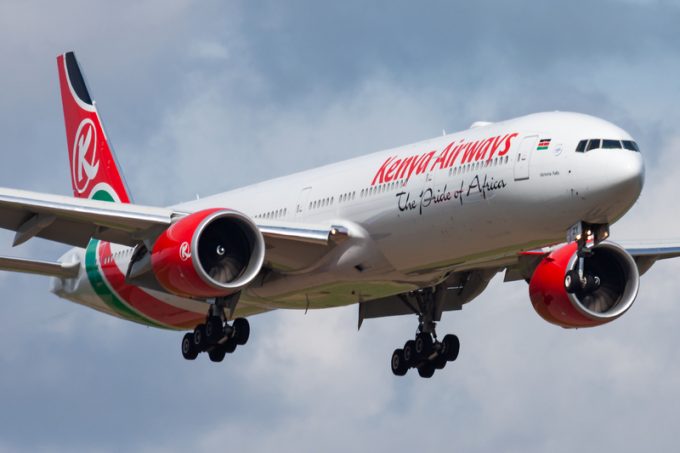Economist David Ndii has faulted the International Monetary Fund (IMF) for its supposed failure to interrogate the workings of the oil importation deal Kenya entered with three Gulf-based companies.
The international lender sought the Kenyan government's take on the way forward as uncertainties rocked the deal.
IMF observed that the importation of oil as envisaged in the deal has been impeded by the fall of the domestic fuel demand, Uganda's decision to cease importing fuel via Kenya compounding things.
The institution noted that Kenya might be pressured to meet the financial shortfall arising from the decrease in the volumes of oil to be imported.
Reacting to the situation, Ndii, who chairs the Presidential Council of Economic Advisers, suggested that there was no cause for alarm as adjustments were made immediately after Kampala decided to import its fuel directly.
Read More

According to him, the terms of engagement were altered to accommodate the importation quantity deficit caused by Uganda's decision.
"We’ve struggled to educate IMF mandarins on this transaction, but it’s difficult if you don’t grasp the basics of structured finance. There is no exposure. Once Uganda exited, we extended the term to match the contract quantities. Variation clauses are standard in commercial contracts," he said.
Earlier this year, Kenya sought to exit the deal, admitting failure to achieve its objective.
The National Treasury indicated that Kenya intended to end the deal by the end of 2024 after it failed to stabilise the Kenyan shilling against the dollar.
The Treasury told the IMF that the Government to Government (G2G) deal with Saudi Arabia, struck by President William Ruto in April 2023, was billed as the solution to stabilising the shilling against the greenback.
Following the plans to exit the deal, the Treasury revealed plans to amend the country's fuel pricing formula to address the foreign exchange nightmare.
"We will also amend regulations on the fuel pricing formula to specify passthrough of the exchange rate risk component and any other risks that may materialize," the Exchequer said.
Kenya entered the deal with Saudi Aramco, Abu Dhabi National Oil Company and Emirates National Oil Company switching from an open tender system in which local companies bid to import oil every month.
President Ruto capitalised on the deal to bring the exchange rate down.
"In the next one month or so, you will see the exchange rate coming down in a very phenomenal way, it will come down to below Ksh.120..." he said on April 11, 2023.
The Kenyan shilling however remained under sustained pressure from the dollar, defying an April prediction by President Ruto that it would strengthen significantly.







